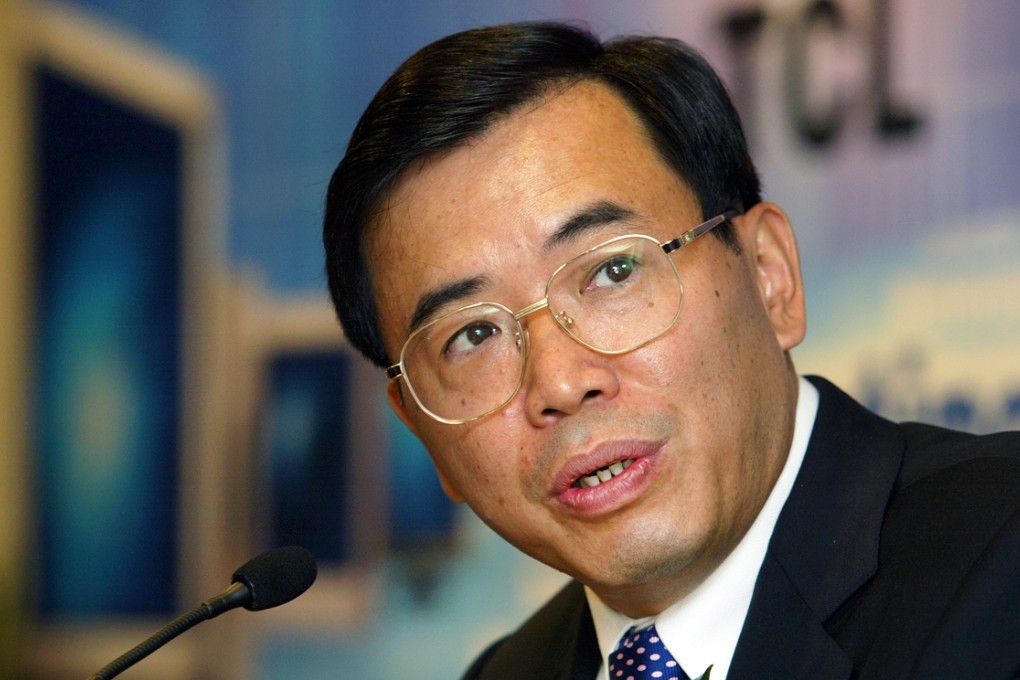Corporate China | Weibo: TCL dotes on HTC, LinkedIn's Shen warns of bubble

The microblogging realm has been relatively quiet this past week as Chinese tech executives enjoy the long October 1 holiday. Still, a few couldn't completely stay away from their online accounts, led by TCL's (Shenzhen: 000100) thoughtful Chairman Li Dongsheng who hinted at a possible tie-up with struggling former Taiwanese smartphone giant HTC (Taipei: 2498).
Let's begin our weekly microblogging round-up with TCL's Li Dongsheng, who always impresses me as one of China's more thoughtful tech executives, especially when compared with others who use their microblogs mostly for self promotion. Li often talks about his own personal development on his microblog, and even hints occasionally at things his company is doing behind the scenes such as its Internet TV tie-up a year ago with leading search engine Baidu (Nasdaq: BIDU).
In this case, Li paid a nice tribute to Cher Wang, founder and chairman of Taiwan's HTC. For those who don't follow this company closely, HTC was one of the earliest companies to recognize the importance of smartphones. It briefly enjoyed a reputation as one of the world's top brands, before taking a sudden sharp downturn about two years ago.
That comparison may be a bit exaggerated, but what caught my attention was Li's comment towards the end of his post where he expressed his hope that HTC could complete a comeback. In expressing that hope, he added that companies from both sides of the Taiwan Strait could join hands to pose a serious smartphone challenge to current leaders Apple and Samsung (Seoul: 005930). That last reference seems to imply that a tie-up could be brewing between HTC and TCL, creating a potentially potent partnership to challenge the current crowded field of companies vying to challenge Apple and Samsung.
